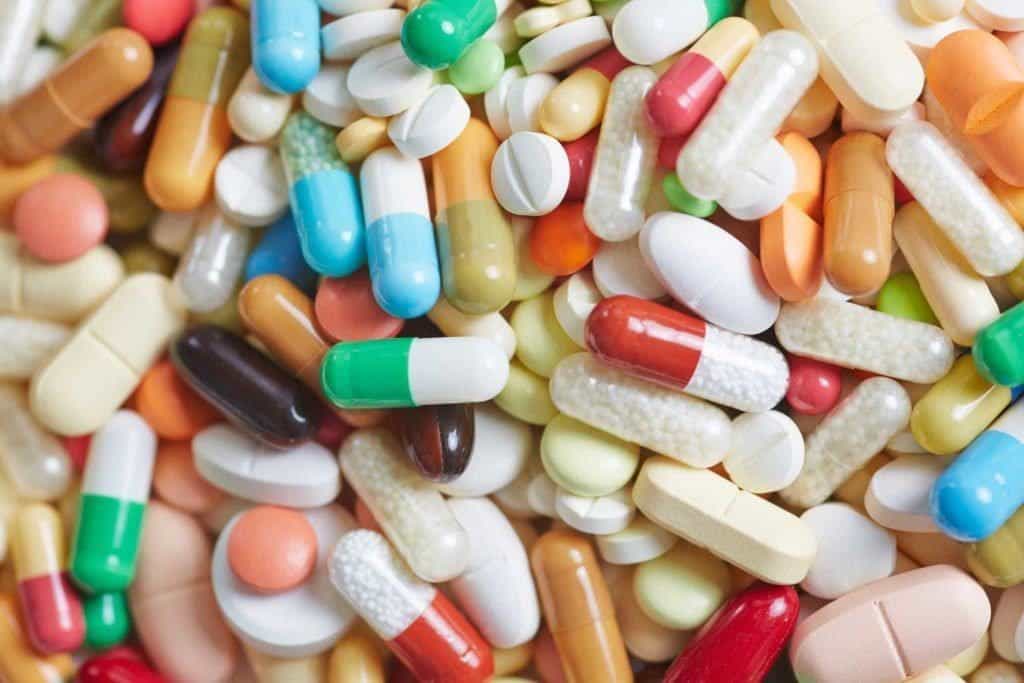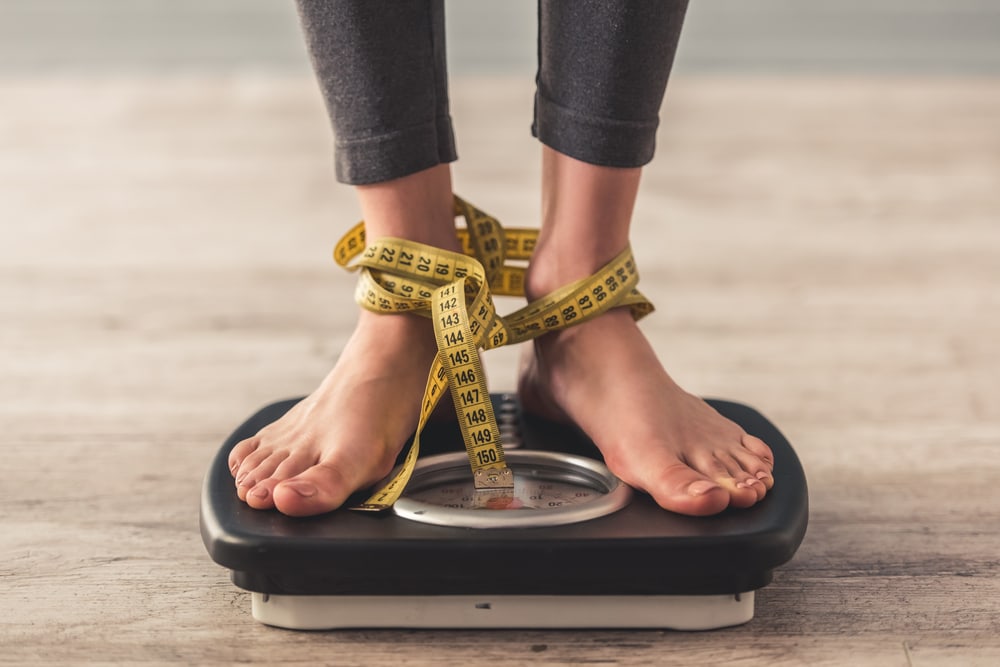Contents:
- Medical Video: Device Reduces Stroke Risk, Eliminates Need for Blood Thinners in Patients with Atrial Fibrillation
- How do anticoagulants work?
- What are the side effects of anticoagulants?
- What needs to be considered
Medical Video: Device Reduces Stroke Risk, Eliminates Need for Blood Thinners in Patients with Atrial Fibrillation
Anticoagulant drugs reduce blood clots (coagulation means clotting). This medication is needed if there are too many blood clots, because blood clots can block blood vessels and cause conditions such as strokes or heart attacks. One example of a coagulant drug is including warfarin.
Anticoagulant drugs often referred to as blood thinners, do not really thin the blood but increase the time needed for blood clots to form. Anticoagulants help prevent blood clots becoming bigger and can be used to prevent venous blood clots or to treat certain conditions such as blood vessels, heart, or lungs.
How do anticoagulants work?
Anticoagulants reduce the risk of stroke in people who have atrial fibrillation. But how much your risk will decrease depends on how high your risk of stroke at first. Not all people with atrial fibrillation have the same risk of stroke. Talk to your doctor about the risk of your stroke.
You will consider the benefits of reducing stroke risk to the risk of taking anticoagulants. Anticoagulants work well to prevent strokes, but anticoagulants also cause the risk of bleeding. This is a common risk. Your own risk can be higher or lower than usual, depending on your health condition.
When the body is injured, either inside or on the skin, blood can leak into internal organs or out of the body. To prevent this from happening, blood forms clots that make the wound sealed.
When blood needs to freeze, a complex process takes place so that the blood becomes sticky. The blood then begins to clot at the bleeding site, preventing further bleeding.
If there is a process that fails to work, the blood can freeze too much or less. If the blood does not clot enough, there will be a risk of excessive bleeding (bleeding). If the clot is too much, blood clots can form where it is not needed to block the blood vessels.
Anticoagulants can reduce the ability of the blood to clot so that unnecessary blood clots do not occur.
What are the side effects of anticoagulants?
It is important to check for bleeding (haemorrhages) when taking anticoagulant drugs because it can cause excessive bleeding.
Get medical help and do a blood test if you experience one of the following:
- blood in urine or feces
- black stool
- severe bruising
- nosebleed (lasts longer than 10 minutes)
- bleeding gums
- vomiting or coughing up blood
- unusual headaches
- (in women) bleeding during the menstrual period increases or other bleeding in the vagina
Seek medical attention immediately if you:
- involved in a major accident
- suffered a significant blow to the head
- cannot stop bleeding
Other common side effects:
- nausea or vomiting
- diarrhea
- jaundice
- hair loss
- skin rash
- fever (temperature 38 C or more)
- red or purple spots on the skin (purpura)
- pancreatitis (inflammation of the pancreas), pain in the upper abdomen
- kidney problems
See your doctor if you experience permanent side effects when taking anticoagulants.
What needs to be considered
When taking anticoagulants, you need to take extra steps to avoid bleeding problems.
⇒ Perform a blood test regularly.
⇒ Avoid falling and injury.
⇒ Eat a stable eating menu and watch for foods that contain vitamin K.
⇒ Tell your doctor about all the medicines and other vitamins you are taking.












